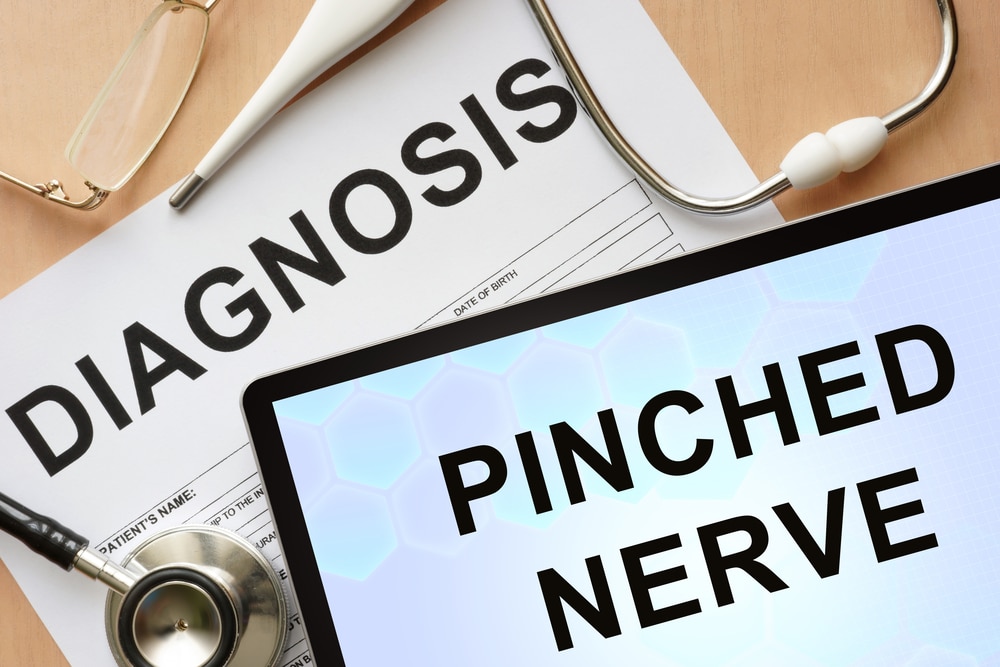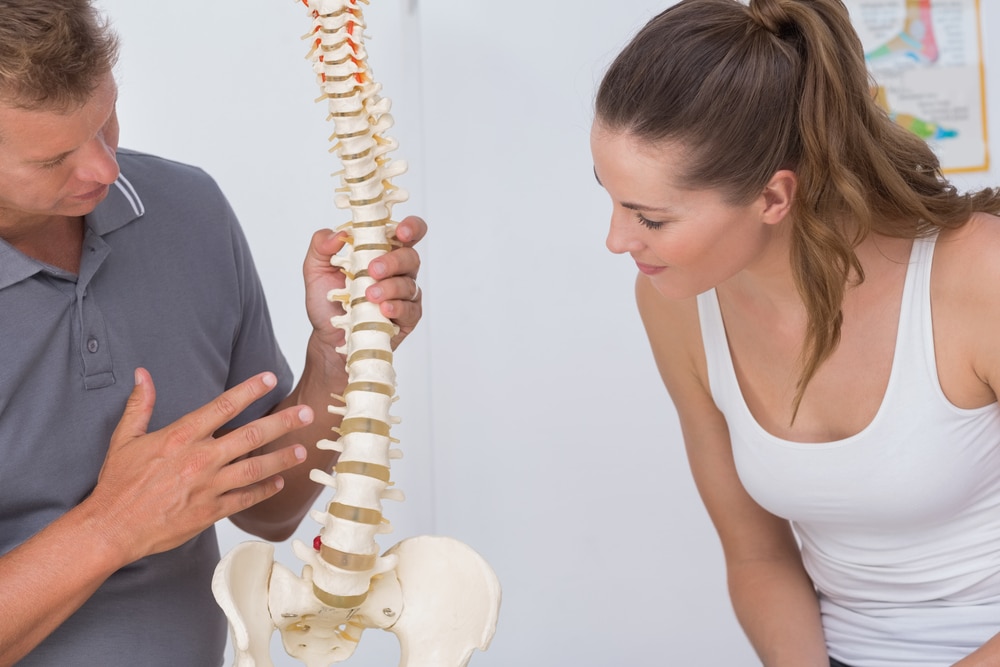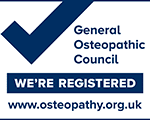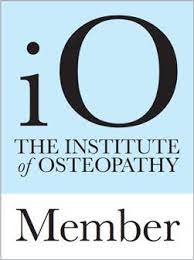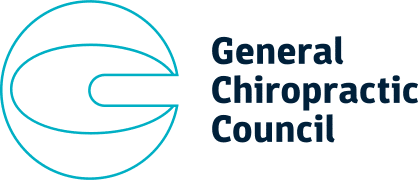Many people reasonably believe that they have a pinched nerve upon feeling sharp back pain. But in reality, it’s likely to be something different. In fact, a completely different medical condition may be responsible instead.
Technically speaking, a pinched or compressed nerve occurs when surrounding tissues press down sharply on nerve roots. When this happens, patients can feel numbness/pins and needles or tingling in a variety of areas, including areas near the affected nerve or beyond. Pinched nerves can be felt everywhere across the body, although the most common areas are the low back, mid-back, and neck.
However, sharp back pain is likely not the result of a pinched nerve. Your spinal discs are held very firmly in place by various ligaments that connect your spinal bones, as well as surrounding muscles that form a tight sheath around the spinal cord. There’s very little room for spinal discs to move around and the old comment of the ‘slipped disc’ is not a reality.
While it is technically possible that a herniated spinal disc can fail and prolapse causing pressure on a spinal nerve, this is not very common. A herniated (prolapsed) disc is also more serious than a simple pinched nerve.
If it’s not a pinched nerve, what am I feeling?
If you feel sharp back pain and additional symptoms, such as numbness in an arm or leg, it may be a herniated disc as described above but this is highly unlikely. A more likely and very common cause is that one of the spinal joints, known as facet joints, has been overloaded and injured. These facet joints have a high concentration of nerve endings and will produce intense pain when aggravated. The numbness may also be from trigger points in the muscles in the same region, that are also involved in the injury. These trigger points cause what is known as radiating pain and can also produce intense pain.
Additionally, other medical conditions could cause pain in affected nerves, the spinal cord, and more. The spinal cord is the nervous system highway for the body – if you have another condition or injury that causes radiating pain, that pain could easily be transferred to the spinal cord and associated nerves.
Radiating pain can be caused by a variety of issues, including:
● muscle tension or soreness
● injuries, particularly to the back
● injuries to nerves in the legs or arms
What are my options?
Ultimately, the wisest course of action is to see a registered chiropractor or osteopath near you at your earliest opportunity. A professional clinician will be able to expertly examine your back and other soft tissues. In addition, they will also listen to your description of your pain and any other symptoms which along with the physical examination, build a complete picture of the most likely diagnosis.
Once they do so, a chiropractor/osteopath can give you a correct diagnosis and talk to you about the best treatment for your recovery. In many cases, sharp back pain and/or numbness in the arms and legs can be entirely alleviated through manual therapy, including spinal manipulation or mobilisation, soft tissue massages, and dry needling (Western acupuncture).
Want to know more? Contact Hutchinson Health today. We’re well-equipped and ready to assist with acute and chronic back pain, sciatica pain, numbness, and any other back-related issues.

